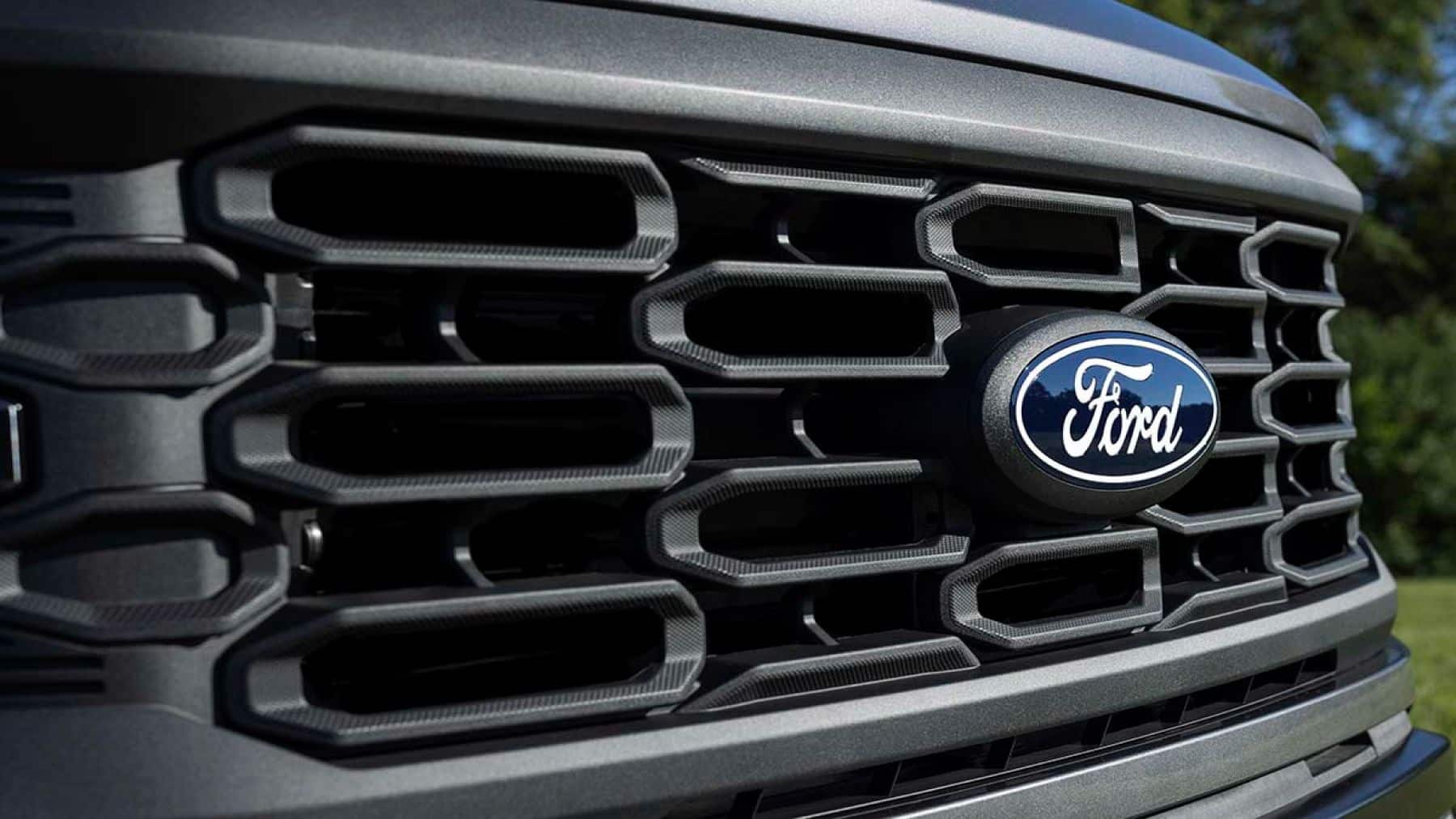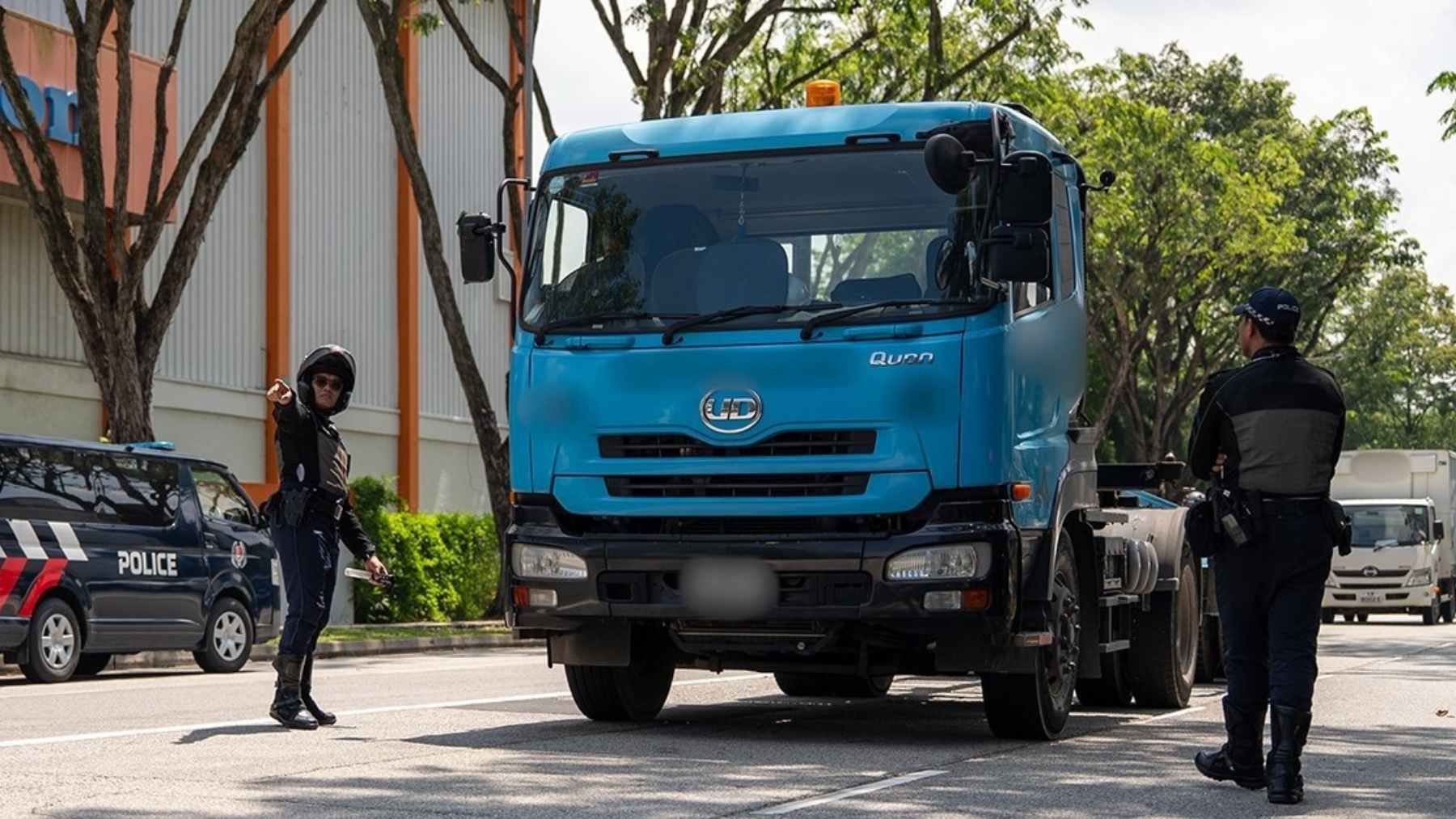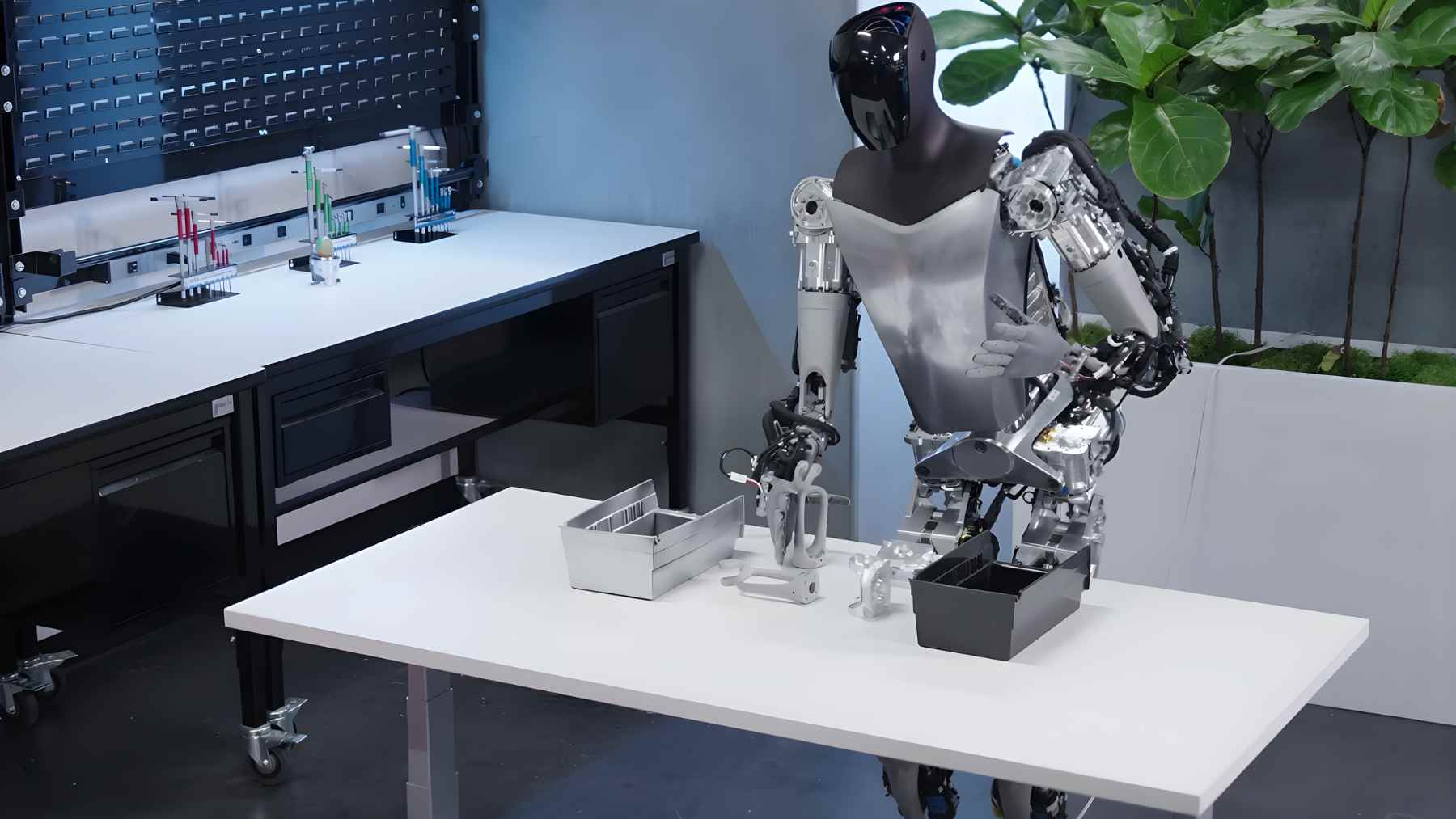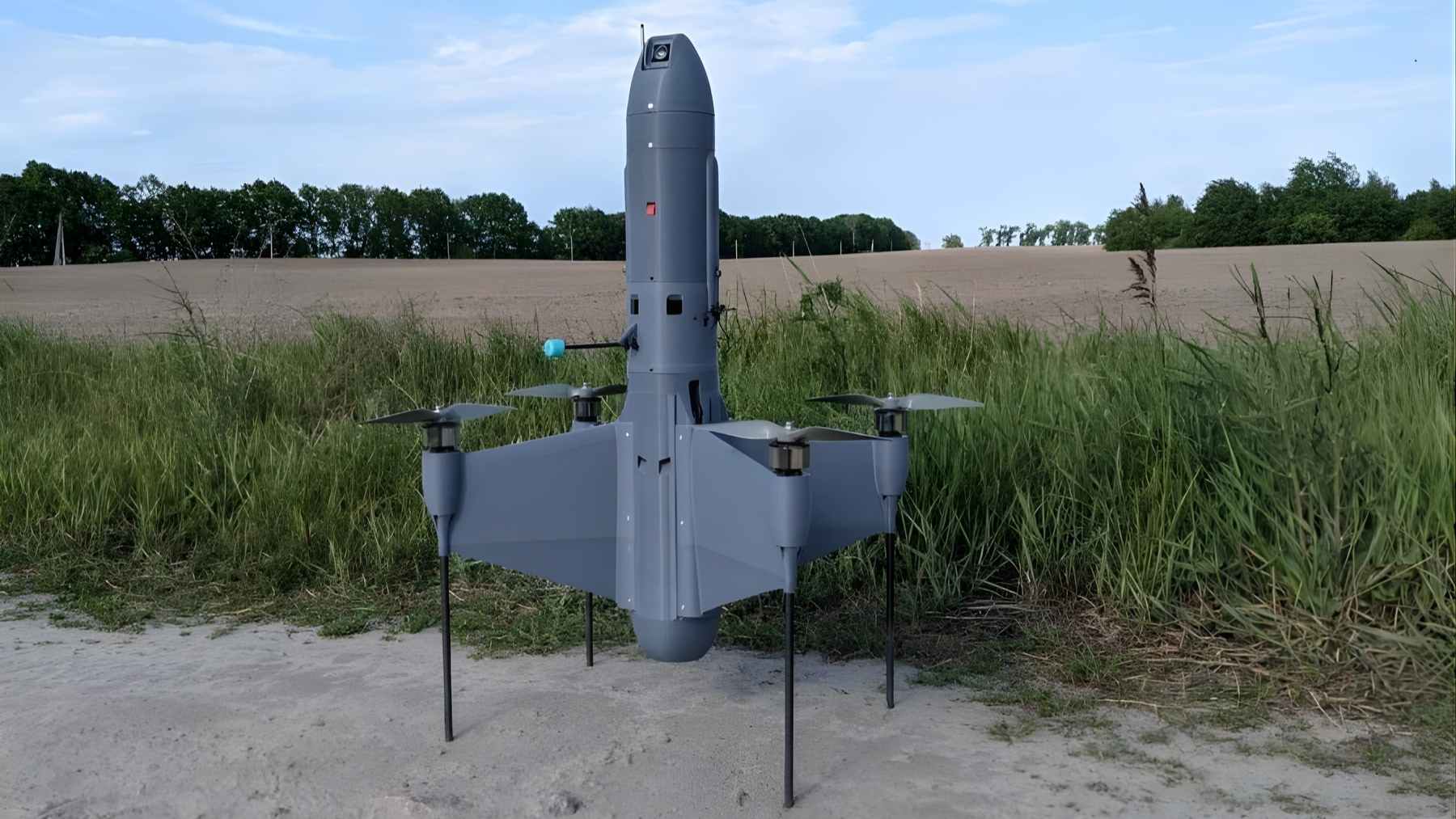Ford Motor Co. is once again facing a significant vehicle recall, this time affecting hundreds of thousands of vehicles due to a battery-related issue that could cause serious safety concerns. The recall impacts more than 270,000 Broncos and Mavericks from certain model years, with a 12-volt battery supplied by Camel Battery of China identified as the culprit. While no accidents or injuries have been reported, the potential for vehicle power failure or an inability to start has prompted the recall, making it crucial for affected vehicle owners to take action.
The battery problem and its consequences
The recall affects 272,827 Ford Broncos and Mavericks. The problem is linked to internal manufacturing defects in the 12-volt battery. According to the National Highway Traffic Safety Administration (NHTSA), these defects include weld failures that could result in open circuits, leading to a loss of power. The battery degradation may cause vehicles to stop unexpectedly or fail to start altogether, which increases the risk of accidents, particularly if the vehicle loses power while on the road.
Importantly, the recall covers vehicles manufactured between February 2021 and October 2023, as Ford stopped using these specific batteries after the issue was identified. The good news is that the company believes the defects are limited to only about 1% of vehicles which were installed with these batteries, though it still represents a serious risk for those who are impacted. While no reports of accidents, fires, or injuries have been linked to the defect, the potential for hazardous situations is prompting immediate action.
Ford’s efforts to improve recall processes
This recall comes at a time when Ford is under scrutiny for its handling of previous recall situations. The automaker pledged in November to review and improve its recall decision-making process following criticism over the slow response to a prior recall. In that case, the U.S. government had fined Ford for delays in addressing safety issues. To ensure better oversight moving forward, Ford has agreed to submit to monitoring by an independent third party, which will evaluate its recall performance over the next three years.
As part of the response to this current recall, the NHTSA has recommended software updates for affected vehicles. These updates are designed to improve the detection of battery issues and provide early warnings to drivers, allowing them to take action before complete power failure occurs. This software update is a crucial step in reducing the risk to drivers, as it enables them to address the issue proactively rather than waiting for the battery to fail unexpectedly.
Ford customers may switch over to new vehicles
For those affected by the Ford recall or anyone simply looking to upgrade their vehicle for greater peace of mind, this situation might serve as a wake-up call to consider the reliability of the vehicles they’re driving. A more dependable vehicle can significantly reduce the likelihood of unexpected breakdowns or safety concerns, offering both convenience and confidence on the road.
If you’re in the market for a new or used vehicle, it’s worth researching models known for their reliability and safety ratings, ensuring that your next purchase won’t just meet your transportation needs, but also provide the long-term dependability you deserve. Taking the time to assess factors like recall history, manufacturer reputation, and overall vehicle performance could save you from the headache of dealing with unexpected issues down the line.
Above all else, always ensure that your car is properly insured. This is essential for protecting yourself financially in case of accidents, theft, or damage. Insurance provides peace of mind, covers unexpected expenses, and can prevent costly out-of-pocket repairs. It’s a crucial safeguard that helps maintain both your safety and financial stability on the road.














